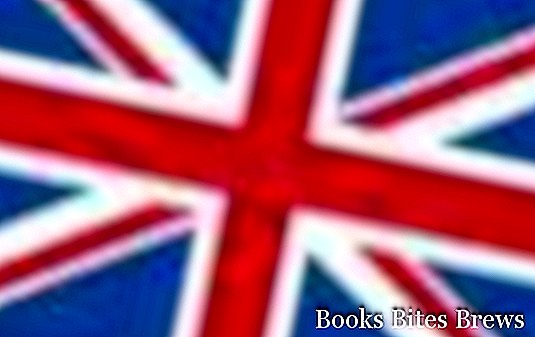UK travel guide, useful information regarding things to know before departure, to go to this state of the United Kingdom at any time of the year.
Great Britain in a nutshell
- Capital: London
- Area in sq km: 244.110
- Population: 59,231,900 (first half 2001)
- Religion: mainly Protestant (Anglicans in England and Presbyterians in Scotland) - 10% Catholic - Jewish and Muslim minorities.
Where is it
The United Kingdom of Great Britain and Northern Ireland includes the largest island of the British Archipelago, Great Britain, which includes England, Wales and Scotland, Northern Ireland and about 5000 smaller islands.
Northern Ireland is bordered by Eire, the rest are all maritime borders: to the north, north west, south west, the Atlantic Ocean, to the west the Irish Sea, to the south west the Bristol Channel, to south the English Channel, east the North Sea.
Great Britain is characterized by a very articulated coast, with deep inlets which can have the character of an estuary, of a fjord, or can form peninsulas such as Cornwall and Wales separated from each other by the Bristol Channel.
The south-eastern and central part of England is mainly flat, while Scotland, Wales and northern and south-western England are characterized by reliefs.
Hydrography
The main rivers are Thames, Severn, Humber, Tyne.
British rivers are rich in water with a regular flow and generally of a short course. Scotland has the River Clyde, (the largest river in Scotland) as well as numerous often sunken and deep lakes.
Climate
The climate is oceanic, cool temperate. The rains fall in every season, especially in the western part of the country.
Population
Great Britain has been populated since remote times by Celtic populations then was colonized by the Romans, later by the Angli, the Saxons and the Normans.
Population density is high and distributed in a non-homogeneous way, being concentrated mainly in England and in some cities of Wales and Scotland.
In 1800 with the industrial revolution there was a population growth and also in recent years thanks to the contribution of immigrants, there was a recovery of the birth rate, which had suffered a decline in previous years.
Recommended readings- Highlands (Scotland): what to see in the region
- Liverpool (England): what to see
- Ireland: useful information
- Glasgow (Scotland): what to see
- Great Britain (United Kingdom): useful information
Tongue
The official language is English. Ancient Celtic languages survive in the Scottish Highlands, Wales and Ireland.
Time zone
In Great Britain compared to Italy, throughout the period of the year, the clock hands must be moved back an hour.
Economy
The industrial revolution (18th-19th centuries) which took place well in advance of the rest of the western world, has long guaranteed Britain a privileged economic position compared to that of other countries.
With the abandonment of colonial domains and the growth of new industrial powers, its role has gradually diminished.
A profound restructuring that took place after the Second World War based on a program of nationalizations and social guarantees, and subsequently in the 1980s with the liberal turning point and the implementation of vast privatization plans made the British economy one of the largest in Europe.
The services sector, in particular banking and insurance, is highly developed, while industrial production is decreasing.
Agricultural production, even if it occupies a minimal part of the population, ensures about half of the country's food needs.
Important in the energy sector are coal production and oil fields that were discovered in 1975 in the North Sea.
When to go
The best time to visit Britain is from April to October.
In these months it is easier to find good weather.
Necessary documents
In order to enter Great Britain, Italian citizens need an identity card valid for travel abroad or a passport.
Phone
To call from Italy to Great Britain the number to dial is 00 44 followed by the prefix without the 0 and the required number.
To call from Great Britain to Italy the area code is 0039.
Electricity
The electric current is 220 / volt.
Currency
The official currency of Great Britain is the British pound.
Credit cards are accepted and ATM withdrawals are possible.
How to get
plane
Great Britain is easily reached from Italy by plane, there are daily flights organized by British Airways (British flag carrier), Alitalia and the low cost airlines Ryanair and Easyjet.
Land and sea
It is possible to use both the Eurotunnel, inaugurated in 1994, which allows you to quickly transport cars, buses, trucks from Calais to Folkestone and ferries that with a longer time also cross the channel of the sleeve.




